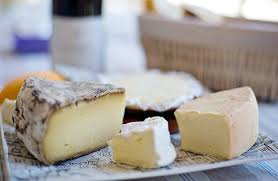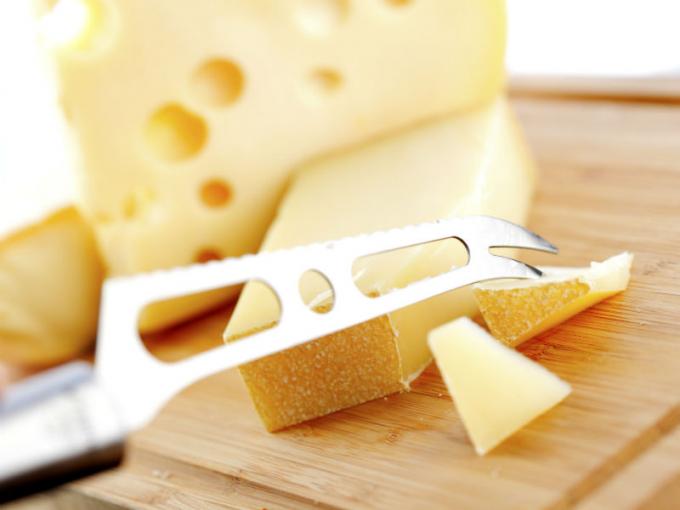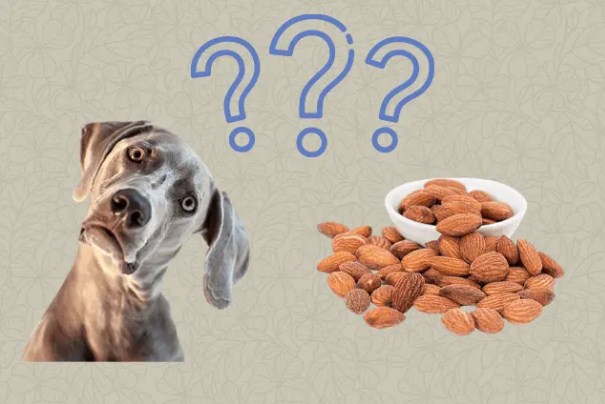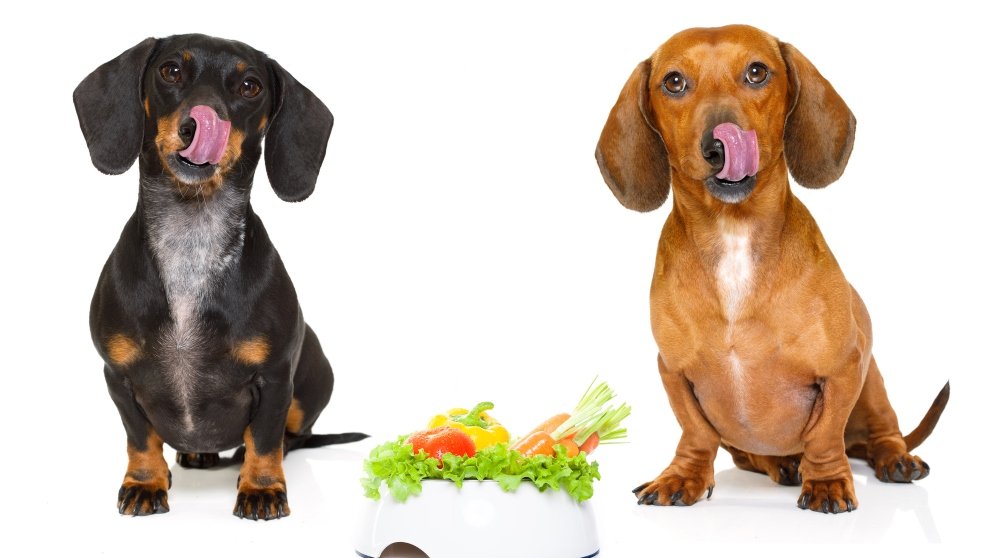Can Dogs Eat Cheese, Dogs generally love cheese and it catches their eye? In fact, it is something that we sometimes use as a reward or to camouflage a medicine that they do not want to take. But do you know if it really is such healthy food for them?
Although the consumption of dairy products in dogs is not as serious as if they drink chocolate, it is not something that they should consume regularly. This is easily explained if we understand what happens when processing these foods.
In case you don’t know, lactose is the sugar naturally present in the milk of mammals. This is part of its composition naturally and is not an addition. The amount of lactose that your dog can ingest will depend on each animal since it must adapt to its nutritional needs.
Biologically, mammals must feed on this milk during the first stage of their life. For this reason, the digestive tract has an enzyme called lactase, whose function is to break down lactose into simpler substances that the body can take advantage of. These partitions are converted to glucose and galactose. Once mammals grow and they no longer need milk, lactase production disappears as a consequence.
In species such as humans, much of the population has adapted and is able to digest lactose, but there are cases in which it is not. It is what is known as lactose intolerance, which is important to distinguish it from milk allergy.
Therefore, as with people, dogs can eat cheese depending on whether they are able to digest lactose or not.
Is my dog lactose intolerant?
We can suspect if our dog is intolerant if, after giving milk or some other type of dairy product, such as cheese, gastrointestinal discomfort is triggered. That is, if we observe that our furry has diarrhea, it is most likely that it is.
Therefore, these dogs should consume a dairy-free diet. Except in these cases, we can introduce these products into your diet as a supplement.
Cheese benefits
- We can give cheese to our dog, as a supplement to his diet and always in moderation since it provides them with a series of benefits that are excellent for their body:
- Proteins: Cheese is a food rich in protein of animal origin, necessary for the tissues of the body, especially the muscles. It is very useful for low weight dogs that need to gain body mass in a healthy way.
- Calcium: It is rich in essential minerals, such as calcium and phosphorous. This element is essential to build and strengthen bones and teeth. For this reason, the cheese is especially useful for growing puppies and pregnant and lactating bitches (bitches who breastfeed their puppies). Since the nutrients, it provides, makes it especially useful to promote milk production in the bitch.
- Vitamins A, D, E, and group B.
- Essential fats and fatty acids, such as Omega 3.
- Conjugated Linoleic Acid (CLA): Cheese is a source of CLA, which has been linked to the prevention of certain types of cancer, such as colon cancer.
Which cheese is better for my dog
The most recommended cheeses are cottage cheese or cream cheese. In general, those that are low in fat are better for dogs because they are easier to digest.
If we give it fresh cheese, keep in mind that it will have a somewhat higher percentage of lactose than that of cured cheeses. Still, they are assimilable figures.
It is important to note that the cheese will provide calories that we must deduct from the dog’s daily amount of food. This is especially important in those cases with obesity or overweight. Everything we give you outside of your ration should be deducted from it.










